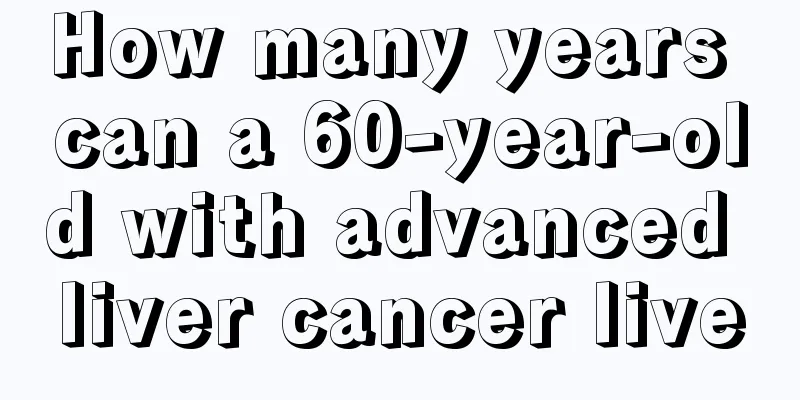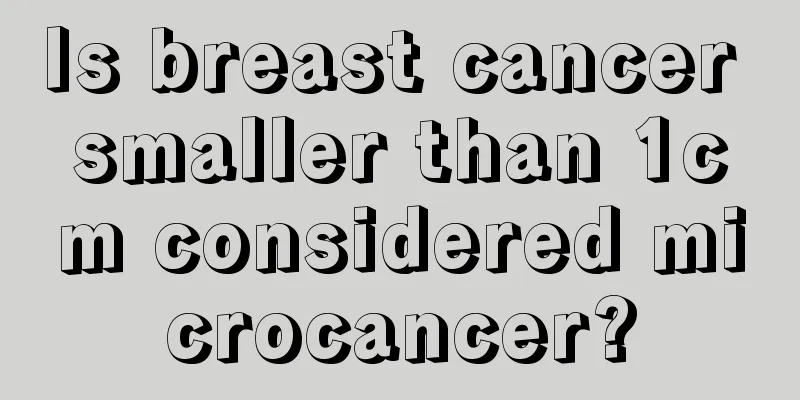How many years can a 60-year-old with advanced liver cancer live

|
The survival time of a 60-year-old patient with advanced liver cancer is approximately 6-12 months, but if combined treatment is adopted, the patient's survival time can be extended to 15-22 months. The patient's specific survival time is related to factors such as the severity of the lesion, liver function, tolerance to liver cancer intervention, and sensitivity to targeted drugs and PD-1 immunotherapy. Late-stage liver cancer refers to a situation where the tumor is particularly large and numerous, and the tumor volume diffusely occupies most of the liver, leaving relatively little normal liver, or the tumor invades large blood vessels and there is extrahepatic metastasis, including metastasis to the lungs, bones, or lymph nodes. This situation is called advanced liver cancer, and interventional therapy, targeted therapy, immunotherapy, or comprehensive treatment methods such as hepatic artery infusion chemotherapy can be performed. At the same time, some auxiliary treatments can also be given. If the patient has jaundice, biliary drainage may be required to relieve the symptoms of jaundice. If the patient has ascites, the protein level needs to be increased and the ascites needs to be eliminated through diuresis. If the treatment effect of patients with advanced liver cancer is good, it can effectively prolong survival time. If the patient's liver function deteriorates rapidly, the patient's survival time is often shorter. Late-stage liver cancer refers to a situation where the tumor is particularly large and numerous, and the tumor volume diffusely occupies most of the liver, leaving relatively little normal liver, or the tumor invades large blood vessels and there is extrahepatic metastasis, including metastasis to the lungs, bones, or lymph nodes. This situation is called advanced liver cancer, and interventional therapy, targeted therapy, immunotherapy, or comprehensive treatment methods such as hepatic artery infusion chemotherapy can be performed. At the same time, some auxiliary treatments can also be given. If the patient has jaundice, biliary drainage may be required to relieve the symptoms of jaundice. If the patient has ascites, the protein level needs to be increased and the ascites needs to be eliminated through diuresis. If the treatment effect of patients with advanced liver cancer is good, it can effectively prolong survival time. If the patient's liver function deteriorates rapidly, the patient's survival time is often shorter. Most patients with advanced liver cancer may have liver cirrhosis, which will affect their digestive function to a certain extent. It is recommended to eat easily digestible fruits and vegetables. Avoid eating greasy and meaty foods. Family members should also provide psychological counseling for patients and try to make them feel comfortable. If patients have any discomfort, they should seek medical attention in time. |
<<: Pancreatic cancer has red spots on the body
>>: In-depth analysis: Is skin cancer surgery a minor operation?
Recommend
What are the symptoms of liver cancer in the late stage when one is about to die? There are four types
What are the symptoms of advanced hepatobiliary c...
Does lung cancer also cause shoulder and back pain? How to prevent lung cancer in daily life?
Lung cancer refers to cancer that occurs in the l...
Things to note after chin augmentation
In today's society, micro-plastic surgery tec...
Histological classification of nasopharyngeal carcinoma
Clinically, nasopharyngeal carcinoma can be obser...
What should I do if clothes turn yellow after being stored for a long time
In daily life, many people hate to wash white clo...
What to do with urine protein allergic purpura
Henoch-Schonlein purpura is very common in clinic...
How to quickly reduce body fat percentage?
The so-called body fat rate refers to the proport...
What is Gaocai
In our country, there are many types of vegetable...
How to wash off dried semen stains
Semen stains refer to the liquid on clothing or s...
What are the precautions for pregnant women with lymphoma
The secret to preventing cancer is very simple, w...
Several stages of gastric cancer formation
Gastric cancer does not appear suddenly, nor does...
Can aloe vera cure skin allergies and what is its effect
Aloe vera is a natural green plant that has the e...
What is the reason for the pain behind the knee bend
There are many muscles distributed in our limbs, ...
Are intrahepatic calcification or intrahepatic bile duct stones serious?
The severity of intrahepatic calcification or int...
What does small cell lung cancer mean?
What does small cell lung cancer mean? 1. Small c...









